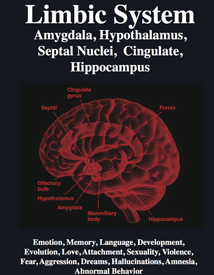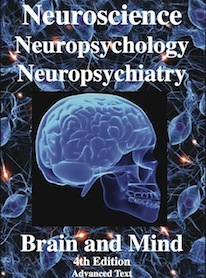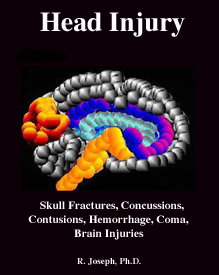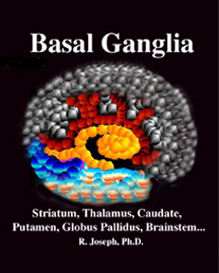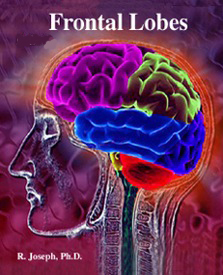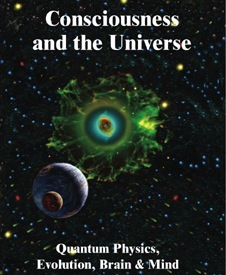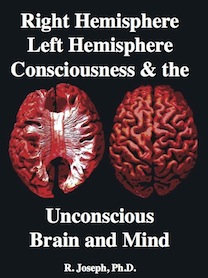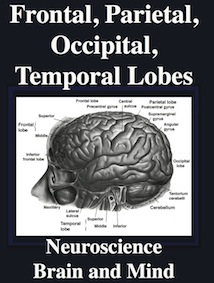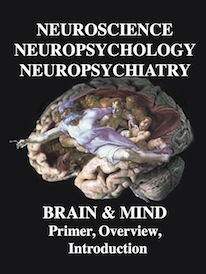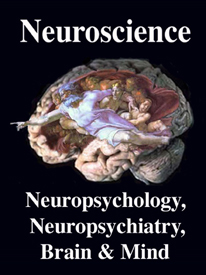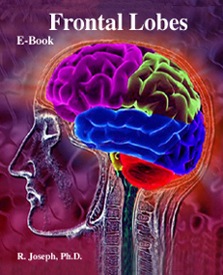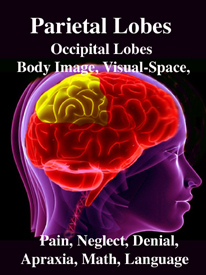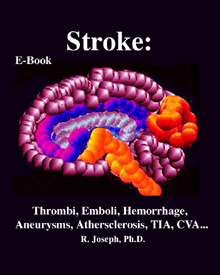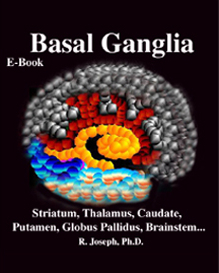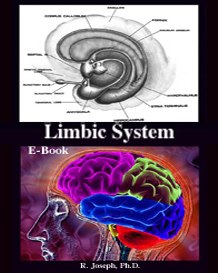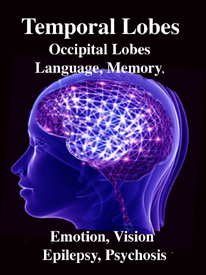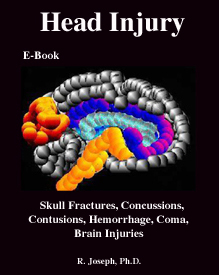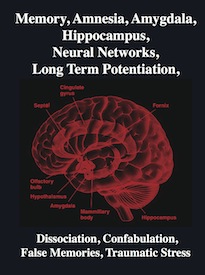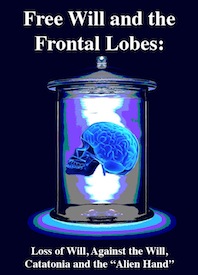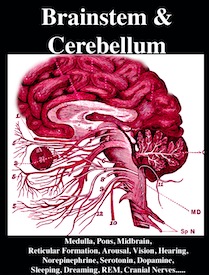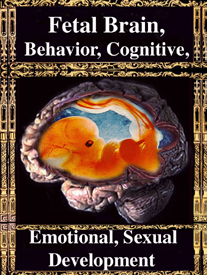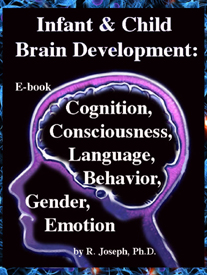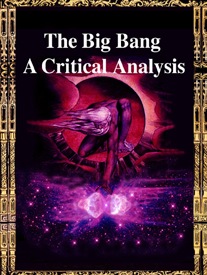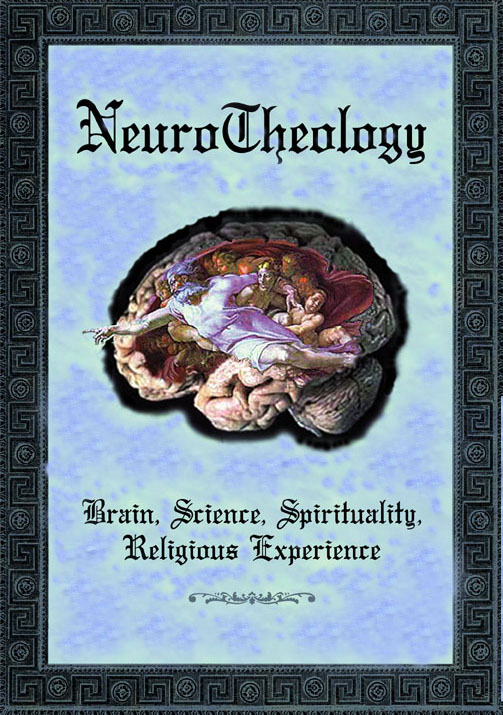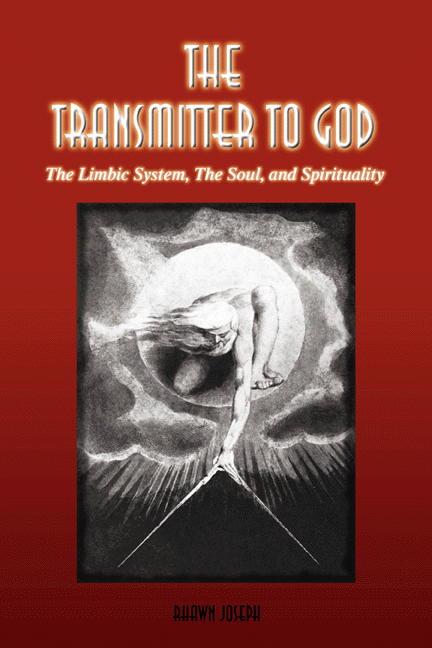|
|
|||||||||||||||
|
||||||||||||||||
|
||||||||||
|
|||||||||
|
||||||
|
|
| Thalamus Striatum |
Brainstem |
Head Injury Brain Damage |
Stroke Hemorrhage |
Fetal Brain: Development |
Child Brain Development |
|
|
|
|
|
|
Reading Memory
by Rhawn Joseph, Ph.D.
IMMEDIATE & SHORT-TERM MEMORY FOR WRITTEN PASSAGESThis test assess Immediate and Short-Term Memory. The subject/patient is allowed to read the test paragraph only once and is then asked to recall as much as they can immediately upon finishing the paragraph. After 30-minutes have passed the patient is reminded of the story and asked to repeat it again.
INSTRUCTIONS:
Immediate Memory: The patient is handed a sheet a paper upon which there is a single paragraph (see below). The patient is then told:
"I want you to read a very short story. Read is carefully and silently, to yourself. When your done reading it. I want you to tell it back to me. I want you to tell me as much as you can remember."
The patient is then allowed to read the paragraph. Once they have finished, you then say:
"I want you to tell me as much as you can remember about that story. Tell me as much as you can remember. Even if its only bits and pieces."
SCORING: The paragraph is broken up into blocks/portions. Every time the patient repeats a portion of the story, cross it off on your score sheet. The total memory score is the total number of portions the patient remembers.
30-Minute Delayed/Short Term Memory: After 30 minutes have elapsed, the patient is then informed:
"remember that story I had you read a little while ago? I want you to tell me as much as you can remember about that story. Even if its only bits and pieces."
SCORING: The paragraph is broken up into blocks/portions. Every time the patient repeats a portion of the story, cross it off on your score sheet. The total memory score is the total number of portions the patient remembers.
THE STORY:
The Sad King There once was a sad king who was very ill, and his unhappy doctors were regretfully unable to cure him. They tried all kinds of remedies, but nothing seemed to work. He called for his wise men who told him he would get well only if he wore the shirt of a poor but happy man. Full of hope he dismissed his doctors and sent over seventy of his soldiers to search throughout the kingdom to find a poor but happy man. After many weeks they finally found one. But he didn't have a shirt. So they angrily killed him.
SCORE SHEET: Immediate Memory
There once was a sad / king / who was very ill,/ and his unhappy / doctors / were regretfully / unable to cure him. / They tried all kinds of remedies,/ but nothing seemed to work. / He called for his wise men / who told him he would get well / only if he wore the shirt / of a poor but happy man. / Full of hope / he dismissed his doctors / and sent over seventy / of his soldiers / to search throughout the kingdom / to find a poor but happy man. / After many weeks / they finally found one./ But he didn't have a shirt. / So they angrily / killed him.
SCORE SHEET: 30-Minute Delayed/Short Term Memory
There once was a sad / king / who was very ill,/ and his unhappy / doctors / were regretfully / unable to cure him. / They tried all kinds of remedies,/ but nothing seemed to work. / He called for his wise men / who told him he would get well / only if he wore the shirt / of a poor but happy man. / Full of hope / he dismissed his doctors / and sent over seventy / of his soldiers / to search throughout the kingdom / to find a poor but happy man. / After many weeks / they finally found one./ But he didn't have a shirt. / So they angrily / killed him.
ADULT NORMS: IMMEDIATE MEMORY
23+ = High Average
18-22 = Average
13-17 = Mildly Impaired
8-12 = Moderately Impaired
4-7 = Severely Impaired
0-3 = Profoundly ImpairedADULT NORMS: SHORT TERM (30-MINUTE DELAYED) MEMORY
21+ = High Average
15-20 = Average
11-14 = Mildly Impaired
7-10 = Moderately Impaired
3-6 = Severely Impaired
0-2 = Profoundly ImpairedLOCALIZATION
This test is senstive to lesions in the left temporal lobe, the left parietal lobe, and the frontal lobes. Also, if patients show good recall, but forget the emotional words, this is indicative of a right cerebral lesions.
Temporal Lobe lesions are characterized by memory loss initially, and additional memory loss after a 30 minute delay.
Frontal Lobe lesions are characterized by memory loss initially, but no further memory loss after a 30 minute delay. Parietal Lobe lesions will effect reading ability per se. If the lesion is localized to the left parietal lobe, immediate and delayed memory scores should be identical.
The problem is that lesions are seldomly well localized. Patients may have a frontal, temporal parietal injury. To distinguish requires that the patient also be administered reading tests and tests sensitive to frontal lesions.
MEMORY FOR VERBAL NARATIVE PASSAGESINSTRUCTIONS:
Immediate Memory
The patient is told:
"I am going to read you to read a very short story. When I'm done reading it, I want you to tell it back to me. I want you to tell me as much as you can remember."
The patient is then read the story. Once you have finished reading it aloud to the patient, you then say:
"I want you to tell me as much as you can remember about that story. Tell me as much as you can remember. Even if its only bits and pieces."
SCORING: The paragraph is broken up into blocks/portions. Every time the patient repeats a portion of the story, cross it off on your score sheet. The total memory score is the total number of portions the patient remembers.
30-Minute Delayed/Short Term Memory
After 30 minutes have elapsed, the patient is then informed:
"remember that story I had you read a little while ago? I want you to tell me as much as you can remember about that story. Even if its only bits and pieces."
SCORING: The paragraph is broken up into blocks/portions. Every time the patient repeats a portion of the story, cross it off on your score sheet. The total memory score is the total number of portions the patient remembers.
THE STORY:
A farmer was driving his truck down a dusty road when a dog ran out in front of him. Slowly down the man watched as the dog, a Belgian shepherd, disappeared into a corn field. The farmer could see that the crops needed watering. He search the sky for rain clouds, but none could be seen.
SCORE SHEET: Immediate Memory
A farmer / was driving / his truck / down a dusty / road / when a dog / ran out / in front of him. / Slowly down / the man watched/ as the dog, / a Belgian / shepherd, / disappeared / into a corn / field. / The farmer / could see / that the crops / needed watering. / He search / the sky / for rain / clouds, / but none could be seen.
SCORE SHEET: 30-Minute Delayed/Short Term Memory
A farmer / was driving / his truck / down a dusty / road / when a dog / ran out / in front of him. / Slowly down / the man watched/ as the dog, / a Belgian / shepherd, / disappeared / into a corn / field. / The farmer / could see / that the crops / needed watering. / He search / the sky / for rain / clouds, / but none could be seen.
ADULT NORMS: IMMEDIATE MEMORY
23+ = High Average
17-21 = Average
13-16 = Mildly Impaired
9-12 = Moderately Impaired
3-8 = Severely Impaired
0-2 = Profoundly ImpairedADULT NORMS: SHORT TERM (30-MINUTE DELAYED) MEMORY
21+ = High Average
15-20 = Average
11-14 = Mildly Impaired
7-10 = Moderately Impaired
3-6 = Severely Impaired
0-2 = Profoundly Impaired
NeuroTheology
Click Here to Purchase
From Amazon.com
Transmitter to God
Click Here to Purchase
From Amazon.com
<
BrainMind.com - Contents Copyright © 2000-2007 All Rights Reserved
